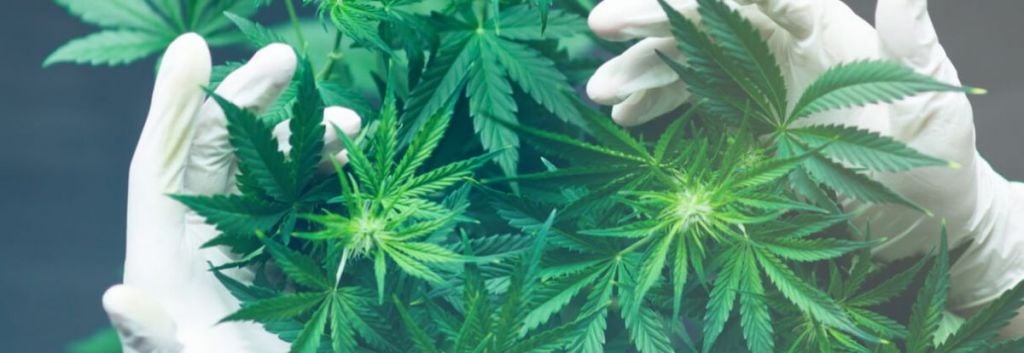Looking to expand your partner network with the latest in the field of medical cannabis? Consider joining Inpart's global network for free.
News and Trends 7 Dec 2022
Neuraxpharm’s expansion into the Netherlands takes it from two to 20 countries in six years
Neuraxpharm Group, a European pharmaceutical company focused on the treatment of central nervous system (CNS) disorders, has announced the establishment of Neuraxpharm Netherlands, increasing its presences from two to 20 countries in six years. The company says the expansion into the Dutch market allows it to continue on its pathway to become the number one […]










